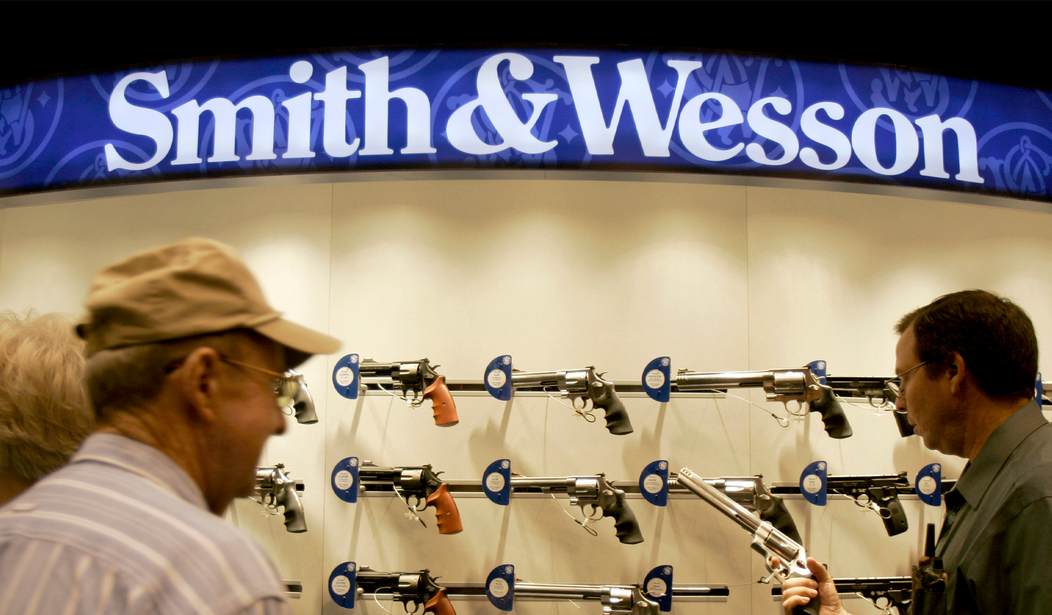Smith & Wesson is one of the big dogs in the American gun market. They’ve been around for years and their name is recognizable even to people who know nothing about firearms.
But like a lot of gun companies, they have a problem. They have activist shareholders.
These are investors who invest in these companies not to support them or make a profit, but to have a vote in the operation of the company and to seek to dictate anti-gun terms to the company as a whole.
Luckily, they tend to come up a bit short with their efforts during corporate annual meetings. So far, at least, they’ve not been able to dictate terms to companies in any way that really trips up the civilian market.
But a new effort by some of Smith & Wesson’s activist shareholders is something different.
A group of Catholic nuns on Tuesday sued the board of Smith & Wesson to try to force the gunmaker to abandon the manufacture, marketing and sales of assault-style rifles that have been used in U.S. mass shootings.
The nuns, in a lawsuit filed in state court in Nevada, allege that Smith & Wesson’s directors and senior management exposed the company to significant liability by intentionally violating federal, state and local laws and failing to respond to lawsuits over mass shootings.
And, it should be noted, that this wouldn’t be barred by the PLCAA since this is suing for something beyond company liability for the misuse of its product.
If I look at this from a purely strategic point of view, it’s an interesting approach. After all, if they can convince the judge that their investments are threatened due to the actions of the company, they can get an injunction that would bar Smith & Wesson from selling AR-15s and similar firearms, at least for the private market.
And if it works, you’ll see similar lawsuits filed against other gun companies by their activist shareholders.
I’m skeptical of that happening, though.
You see, there are a lot of lawsuits in the air right now regarding the marketing of these firearms, but I don’t remember a single one having actually gone to court. For all the hoopla over the Remington case that came out of the Sandy Hook shooting, people forget that the insurance company settled. They didn’t win in a court of law and it didn’t go through an appeals process to determine the validity of such a ruling.
So that raises the question of whether there actually is any liability for selling and marketing such firearms.
Then, of course, it raises the question of, if there is some kind of liability, does the reward outweigh the risk?
After all, if they’ll make more than they might potentially lose in lawsuits, it makes fiduciary sense to continue making and marketing AR-15s
Granted, I’m not an attorney, so I could be off-base here, but I’m also not entirely sure the fact that these are activist shareholders rather than people who are investing for profit won’t come into play. After all, they don’t actually care about a return on their investment. They just want to hurt an industry they don’t personally approve of.
So I can’t help but feel like their motives should be on the table.
We’ll have to see how this goes, of course, but this should be interesting to watch as it goes forward.







Join the conversation as a VIP Member